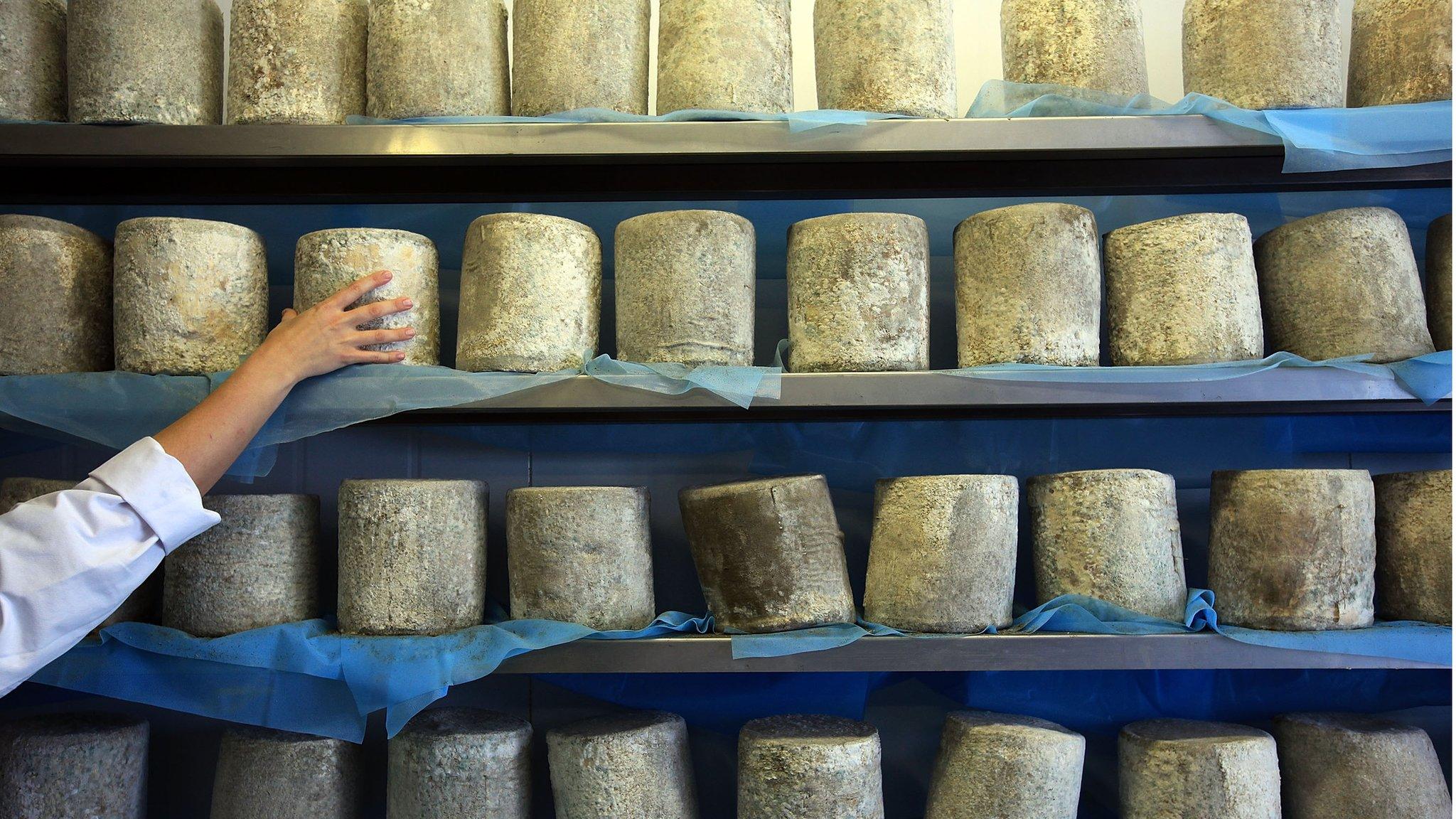Milk price cut 'biting' for farmers - NFU Wales
- Published
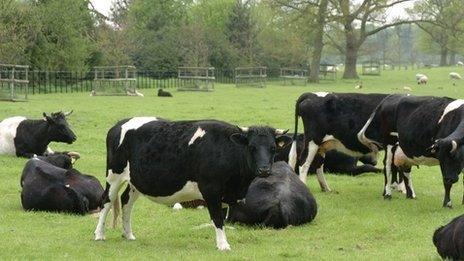
A dairy industry leader in Wales has called for more fairness in the supply chain following a dramatic drop in the price farmers get for their milk.
Some farmers will have experienced a 10p a litre drop in the price in the 10 months to Christmas.
Aled Jones, National Farmers' Union's milk committee chairman, said they were finding it "extremely difficult".
Two independent inquiries into the industry's future in Wales are due to report in 2015.

THE INCOME GAP
Mr Jones, who farms at Llanfaglan near Caernarfon, added that over months the price drop can mean a gap in income of tens of thousands of pounds.
"It's only now that the cuts are beginning to really bite," he told BBC Radio Cymru's Manylu programme.
"Ten pence a litre for a farm producing a million litres is a hundred thousand pounds less revenue - and that is not a big farm.
"Some feed costs and fuel prices have come down - but not to the extent of £100,000 - no way."

WHY HAS THE PRICE COME DOWN SO QUICKLY?
Over production worldwide following a mild spring and summer
Russia has banned imports of dairy products from Europe stemming from the political row over Ukraine
Imports to China unpredictable

SUPERMARKET PRICE WAR
Farmers have seen a drop in price at the same time as a supermarket war to offer milk for the cheapest price. Iceland - with its roots on Deeside - claims to sell the cheapest milk at 89p for four pints.
In a statement, Iceland told BBC Wales it had not changed the price it pays for its milk, only the price it charges to its customers.
"We are operating in the most competitive food retail market in the UK any of us can remember, and decided to make a major investment of our own margin to help our customers by offering them really compelling value on one of the essentials they buy every day."

DECLINING NUMBERS
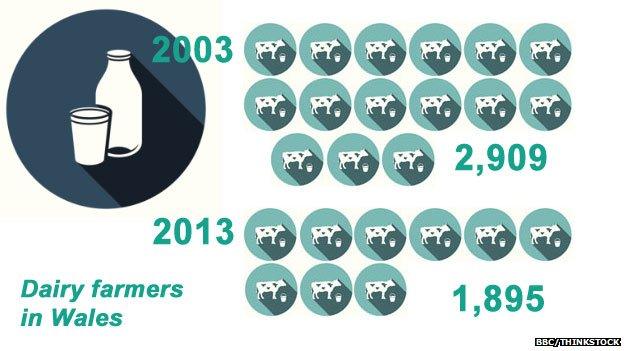
The number of dairy farmers in Wales has dropped substantially over the last decade - by 40%.

CASE STUDY - LEAVING THE INDUSTRY
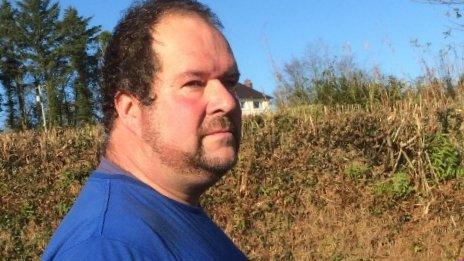
Lyn Thomas is one of more than 40 producers who left the industry in the last year
Lyn Thomas from Llanpumsaint near Carmarthen gave up milking 12 months ago, ending a three generation family tradition. With no children he felt he could not justify the investment of thousands, which was needed to modernise his equipment.
"Just to put a new milking parlour in would have cost me between £50,000 and £70,000," he said.
"I would have had to buy more cattle and get more land for those animals. The minimum investment would have been between £150,000 and £200,000."

CASE STUDY - JOINING THE INDUSTRY
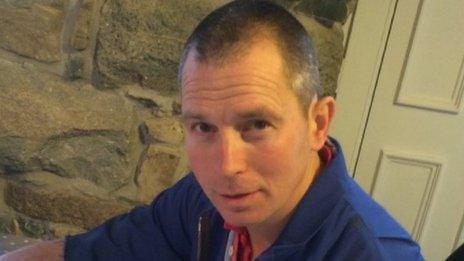
Rhys Williams has moved into dairy to make his farm pay
Others are investing, expanding or joining the dairy industry for the first time.
Rhys Williams and his young family moved to a farm on the Lleyn Peninsula 18 months ago and decided milking was the only way forward.
"I feel very strongly that farmers have to help themselves first and there is room for a lot of businesses to shave their costs," he said.
"Agriculture has changed beyond belief over the past 10 to 15 years. It's become much more of a business."

A LEVEL PLAYING FIELD?
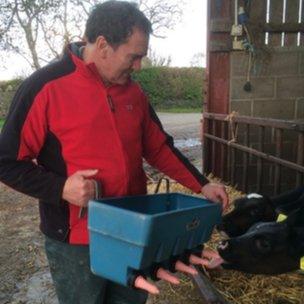
Aled Jones wants supermarkets included in agreements with farmers
Aled Jones from the NFU says that for the industry to survive, the two-year voluntary code of practice between the farmers and processors needs to extend to retailers as well.
"We need to have a far more transparent and fairer market for all members of the supply chain. Otherwise one of the partners is not able to carry on in business."
The concern about the future is reflected by two independent inquiries, one commissioned by the Welsh government's deputy agriculture minister Rebecca Evans, the other is by the House of Commons' Environment, Food and Rural Affairs Committee.
Both reports are expected to be published in the New Year.
Manylu, BBC Radio Cymru is broadcast at 12:30 GMT, Thursday 20 November
- Published20 November 2014
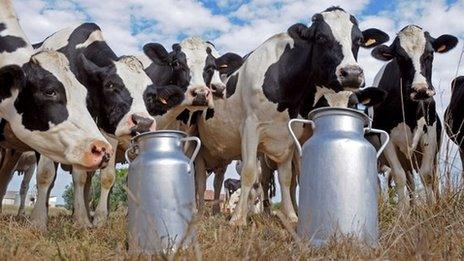
- Published6 October 2014
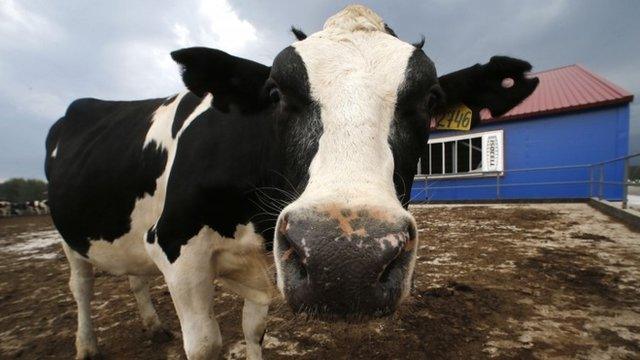
- Published9 October 2014
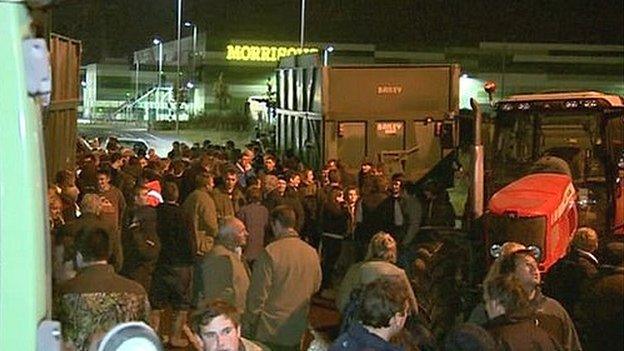
- Published11 August 2015
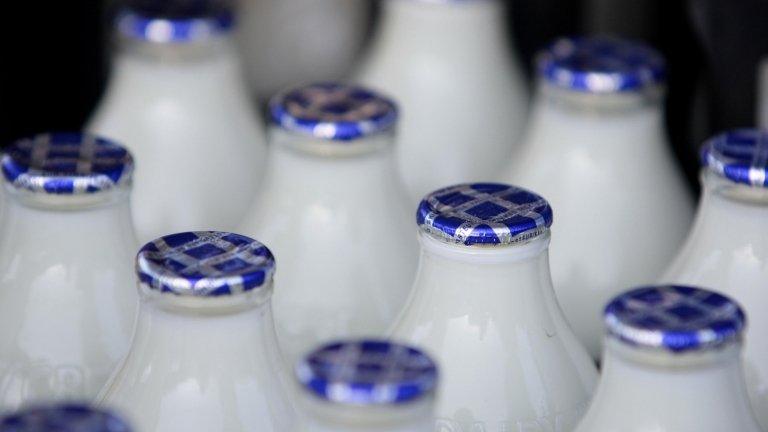
- Published14 October 2014
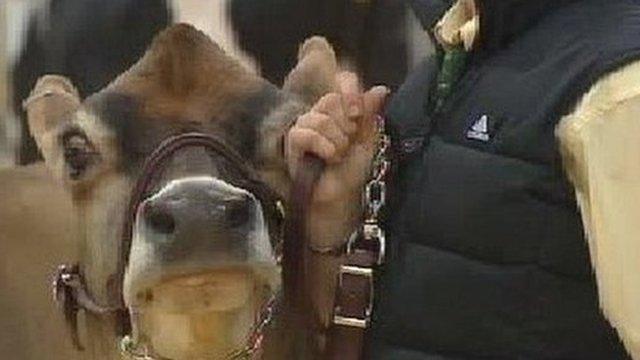
- Published14 October 2014
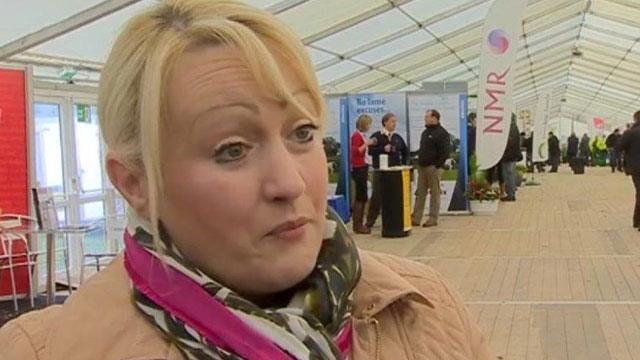
- Published28 January 2014
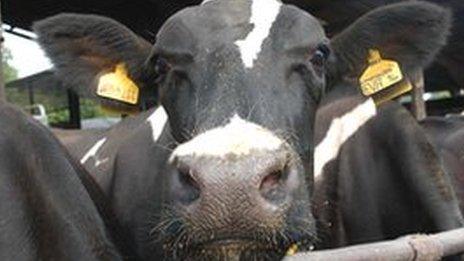
- Published19 September 2014
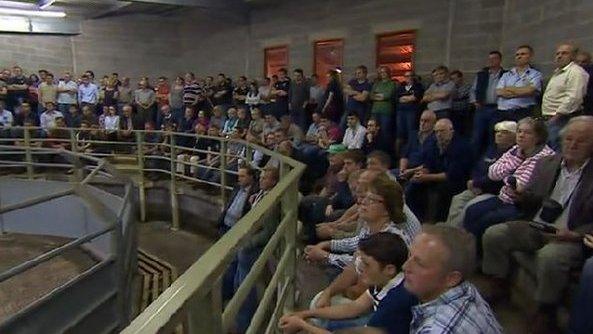
- Published3 January 2014

- Published5 May 2014
